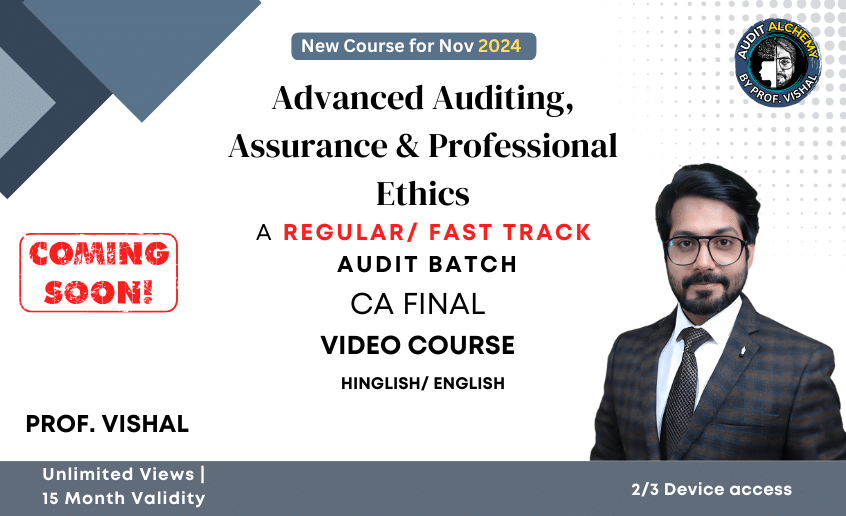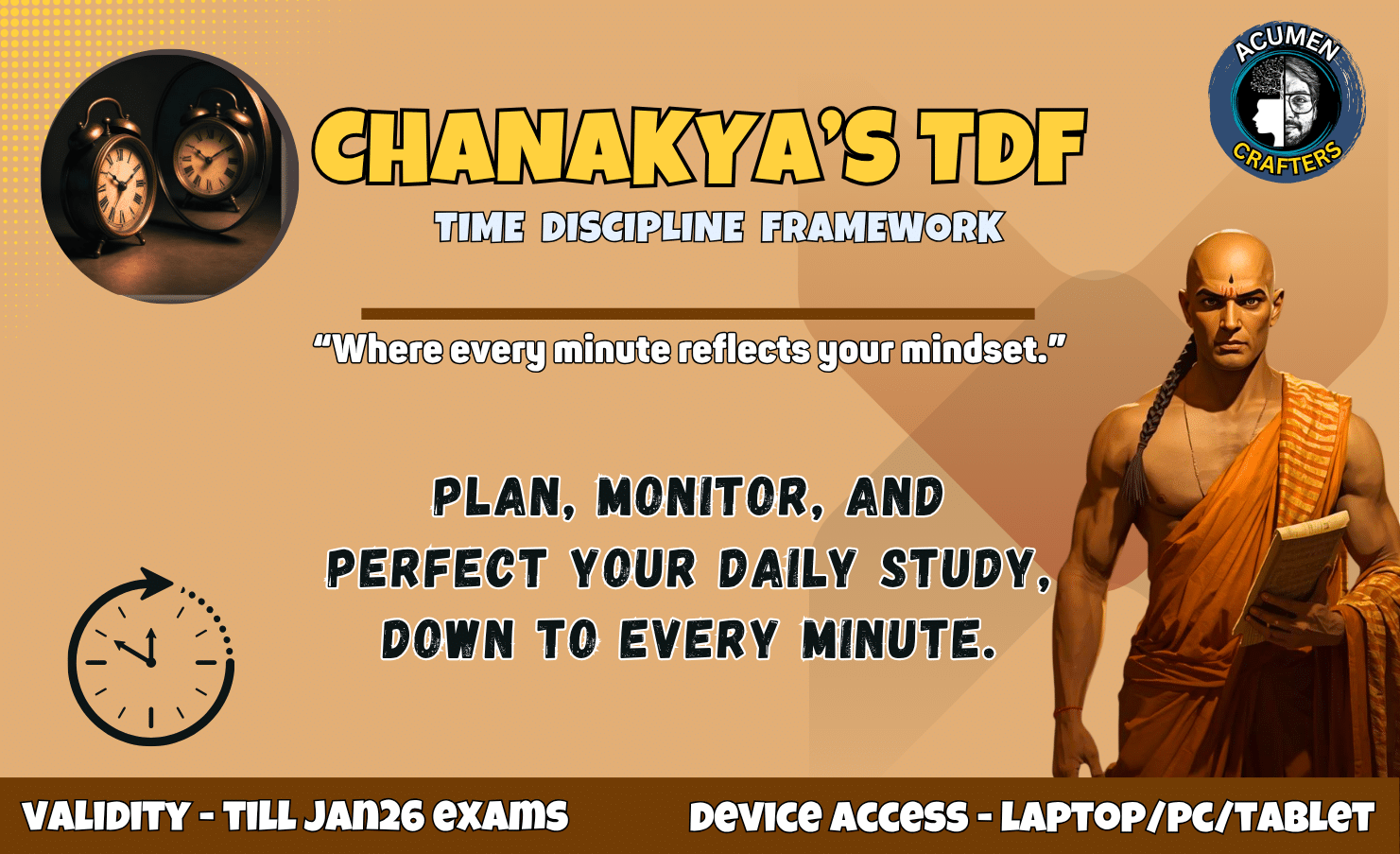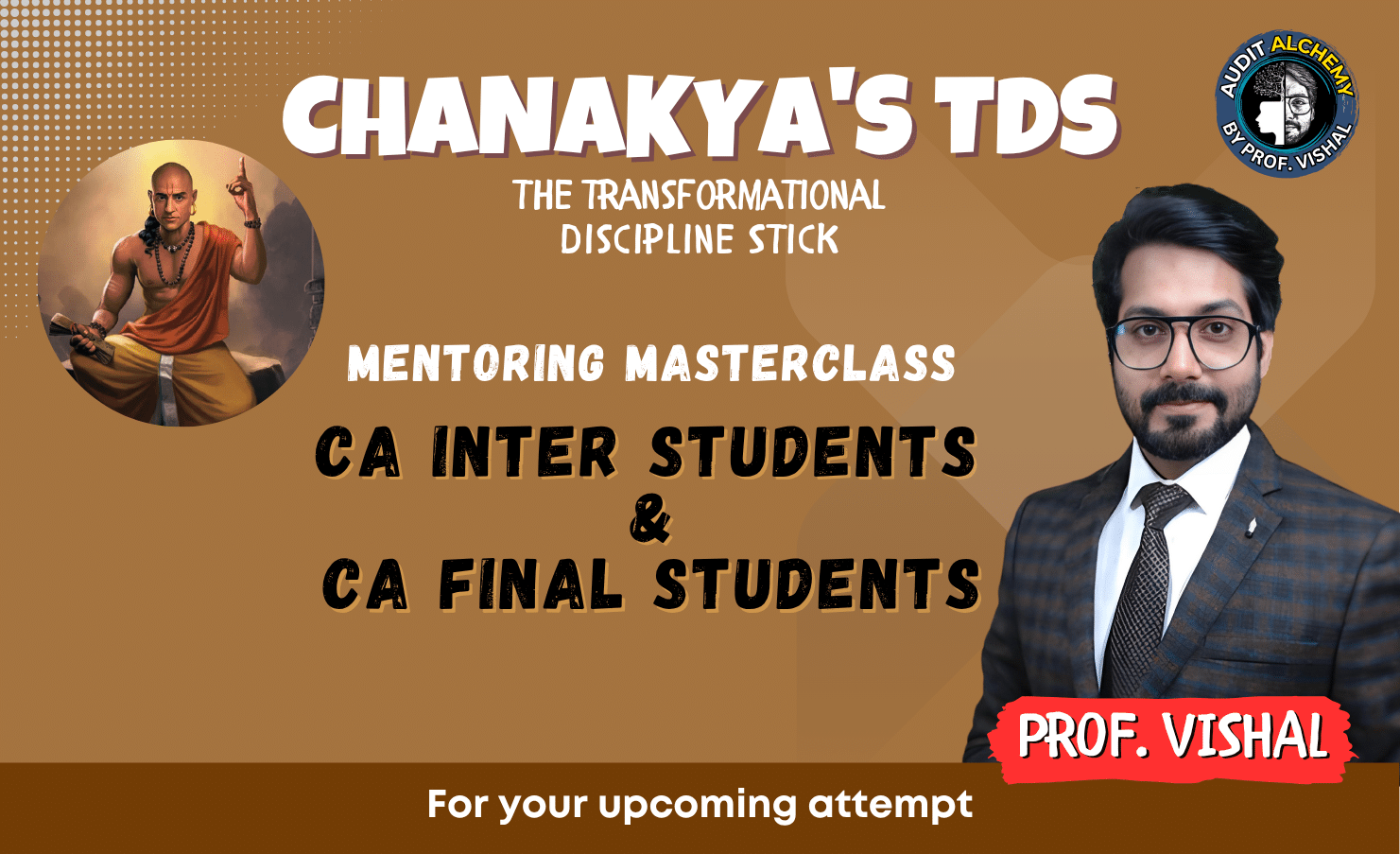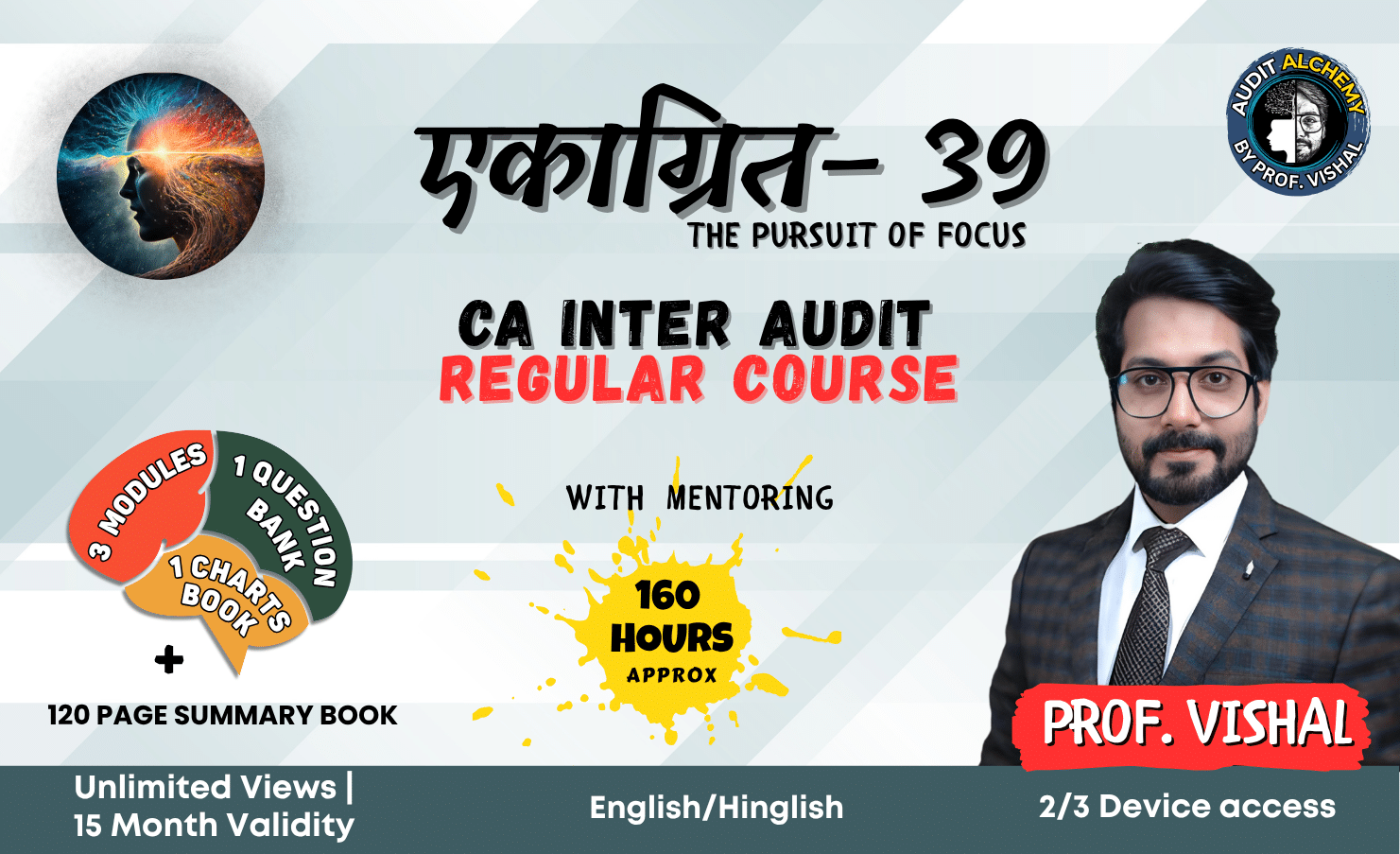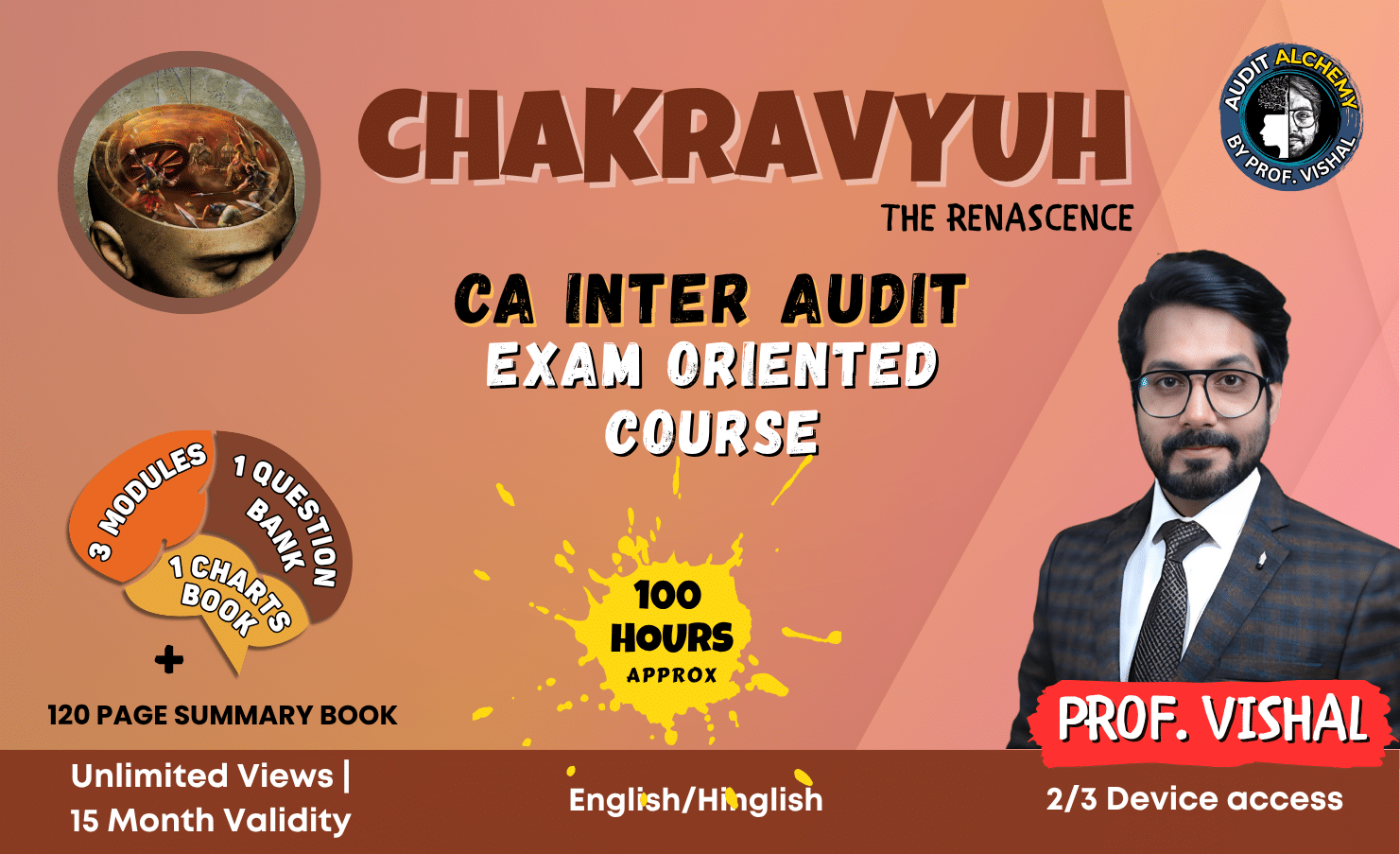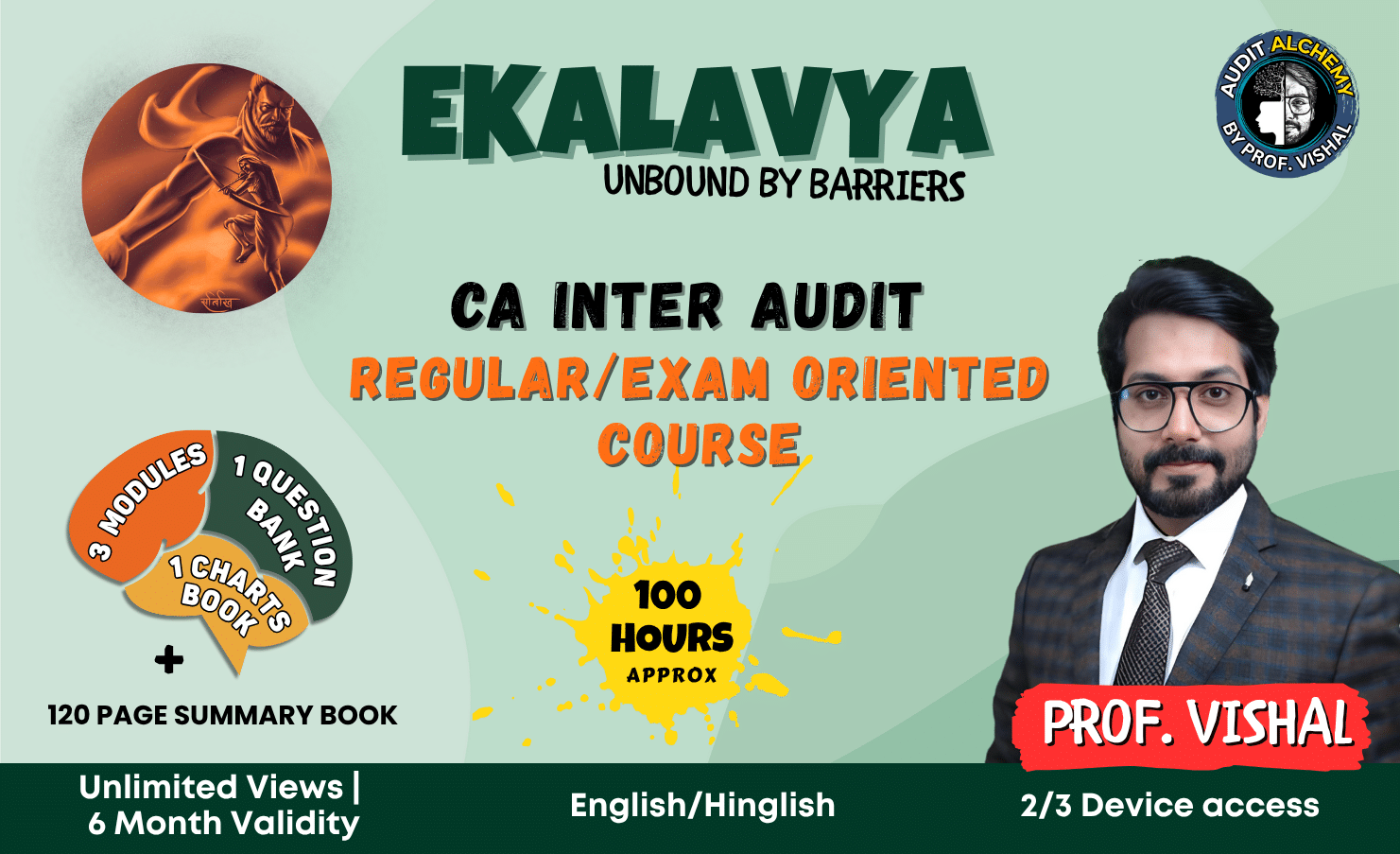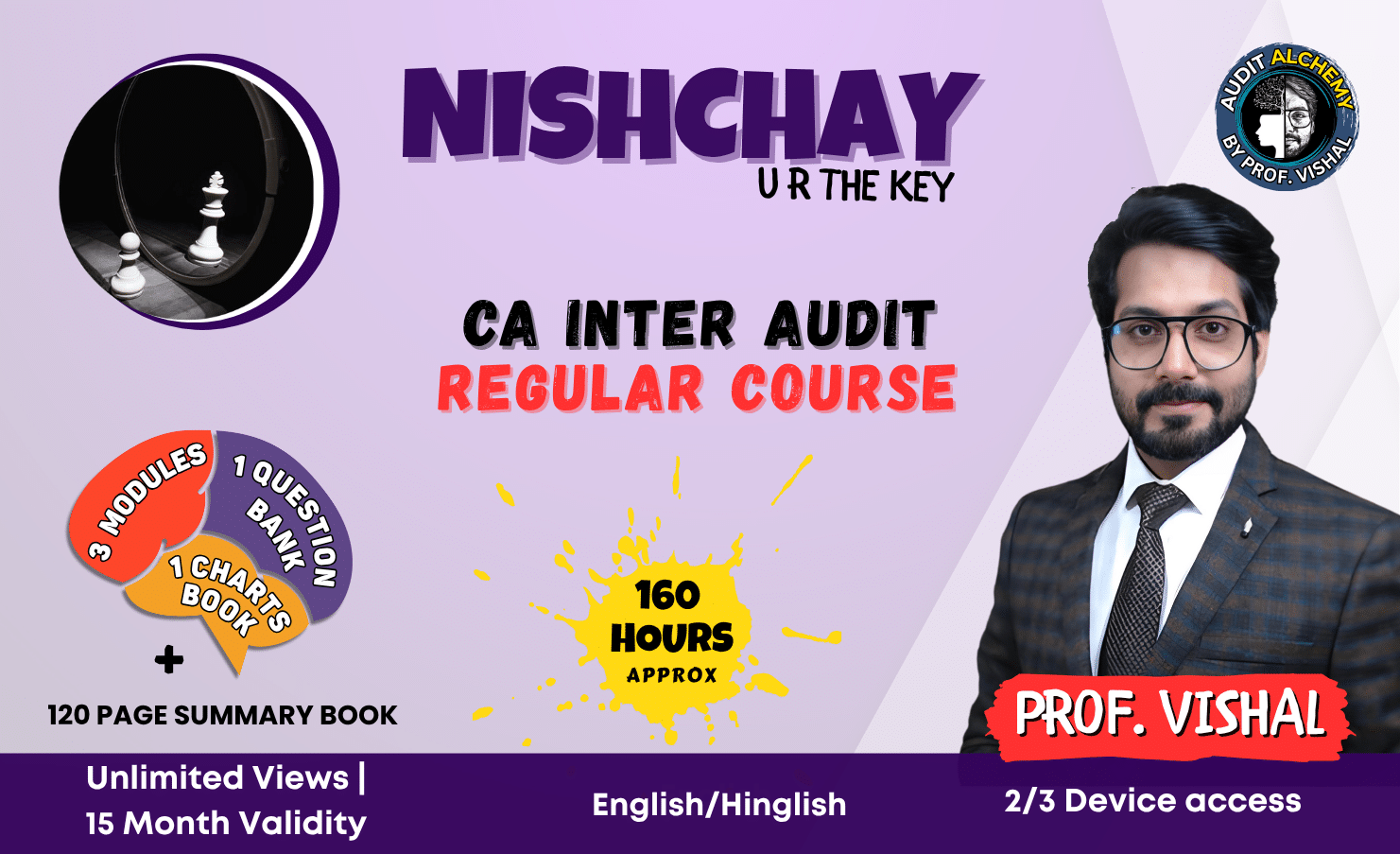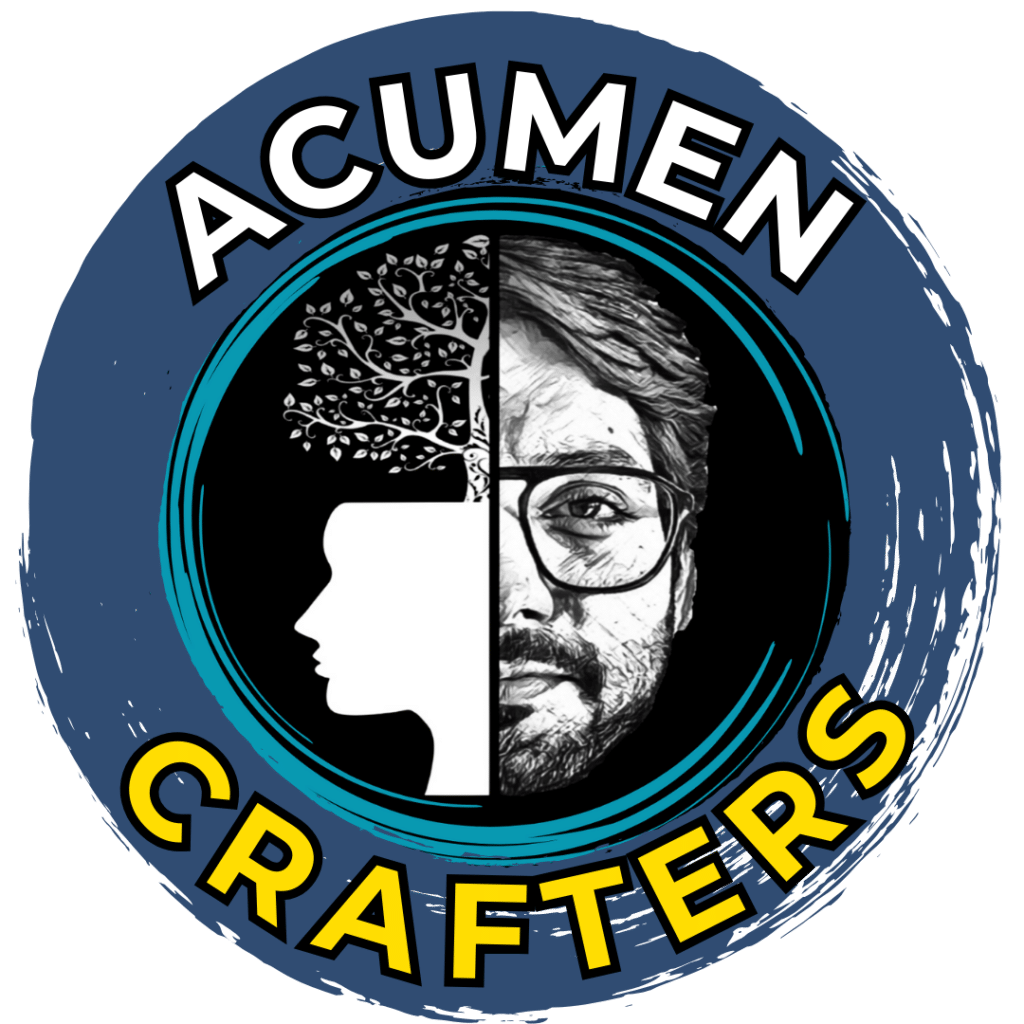Around a week ago, the outcome of the CA Final examinations was revealed, sparking immense joy within me as I discovered that I had successfully passed the exam. The realization of attaining the status of a certified Chartered Accountant took a while to truly sink in. Since then, I’ve been approached by numerous students seeking guidance on effective study methods. This journey also provided me with the chance to converse with accomplished rank holders about strategies for optimizing study time and enhancing the likelihood of success. Surprisingly, I observed a common thread in their study approaches and techniques that contributed to their accomplishments. This revelation spurred me to consider sharing these insights with students across the nation, leading to the conception of this article.
Let’s embark on our exploration by addressing a fundamental question that has perplexed CA students for ages:
What holds the key to conquering the CA final examination? Is it the depth of knowledge or the sheer number of hours dedicated to studying? While these aspects hold their significance, the crucial ability lies in swiftly recalling and articulating the essential content within the three-hour time frame allocated for the exam. Throughout this article, we’ll delve into strategies to prepare for optimal performance during those crucial hours of examination.
As the countdown begins, we are granted a three-month window to prepare for the impending examination. Dividing this time effectively by dedicating one month to each study group (August and September) and reserving the month of October for comprehensive revision and mock tests ensures a well-paced syllabus coverage.
With the foundational query addressed, let’s now tackle other common challenges that students often encounter:
Q.1: Which study material should serve as my starting point?
Ans.: It’s prudent to begin with your existing materials—class notes or preferred reference books—to establish a robust understanding of the concepts.
Q.2: How do I decide which new books to procure or which classes to attend?
Ans.: When seeking new books, explore works by 2-3 authors, allowing time to gauge your comfort level before making a selection. Similarly, for classes or video lectures, watch at least one video of the respective professor on YouTube before finalizing your decision.
Q.3: Despite writing comprehensive answers in exams, my marks do not reflect my efforts. How can I overcome this and secure better marks for the questions I attempt?
Ans.: Inadequate marks often result from answers not aligning with examiner expectations. To address this, follow these steps:
- Initiate with the practice manual. At this stage, refrain from referring to provided solutions.
- Opt for roughly 20% of questions for written practice. Write answers in your notebook independently, without consulting the practice manual.
- Compare your answer with the solution in the practice manual, noting disparities in style, language, format, and presentation. Revise the answer accordingly. This approach enhances the quality of your answers in the actual examination.
Q.4: What additional materials should I consult beyond my main book and practice manual?
Ans.: In addition to the aforementioned, consult Mock Test Papers (MTP), Revision Test Papers (RTP), and past papers from three preceding attempts. For instance, if your attempt is in November 2017, refer to papers from May 2017, November 2016, and May 2016.
Q.5: I struggle to write answers during exams, sometimes going blank or failing to complete the paper. How can I overcome this?
Ans.: Under heightened stress, our memory can falter, even for familiar concepts. Combat this by practicing writing under simulated exam conditions. Participate in test series offered by your coaching classes and engage with mock test papers organized by the Institute.
Q.6: Revising the entire syllabus the day before the exam seems daunting. How can I manage this effectively?
Ans.: To streamline last-minute revision, create a ‘Super Short Summary’ that condenses the subject into a concise format. For theoretical subjects, craft ‘one-liner versions’ of Practice Manual questions and Study Material illustrations. For practical subjects, compile a list of key adjustments in questions and corresponding solutions, including reference material page numbers for quick verification.
Q.7: How frequently should I revise to enhance retention?
Ans.: Regular revision is paramount for retention. Consider a scenario where you study a theory chapter on “Directors” on the first day. On the same day, dedicate an hour to revise it. The next day, invest 30 minutes in revisiting the topic, as you revised it the previous night. This pattern continues, with each subsequent revision requiring less time due to familiarity. This practice ensures that you revisit the topic multiple times within the month, promoting better retention.
Study Tips
Building on the insights above, consider these pivotal tips:
Grasp concepts from your existing notes or reference materials.
Practice writing based on the practice manual (targeting 20% of questions).
Develop summaries for Practice Manual questions (theoretical) and important adjustments (practical subjects).
Regularly revise content according to the prescribed schedule.
Engage with test series and mock tests to refine your exam readiness.
Best wishes on your journey toward success!




